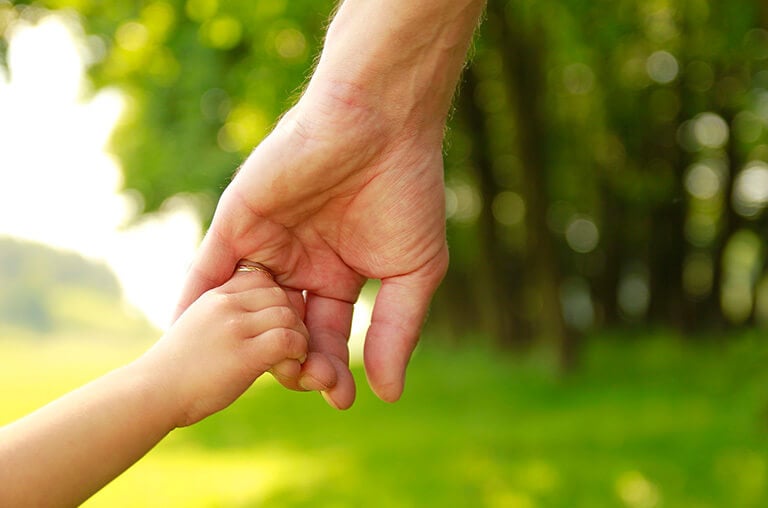
The adoption process in Canada generally involves one of the following four options:
- A placement by the director of adoption (who works for a ministry concerned with children, family development and youth services)
- A placement by an adoption agency
- A direct placement (when the birth parent places the child in care of a non-relative
- A relative adoption (when the adoption is by a relative or a step-parent)
The fostering process in Canada involves:
- Home visits
- A preparation course with a children’s services provider
- A fostering assessment – a report on your skills and abilities
- A fostering panel – that involves relevant checks and compiles data about you
Before you can fully adopt or foster a child, you must complete a background check that is in compliance with a family court. Family courts in Canada have jurisdiction over child protection, adoption, custody, access, child support and spousal support.
Adopting or Fostering and Criminal Records
Having a criminal record can be used against you in family court. If you have a criminal record, it’s best to begin the process of obtaining the necessary documents for a Canadian pardon as soon as possible to show that you have made the effort to reform. This will attest to your character in court when the final decision is being made.
Fostering in particular requires criminal record checks every 5 years and in some provinces even as frequently as every 3 years depending on the social climate of the fostering system in that region. The fostering process also involves…
- vulnerable sector police screens
- children’s aid society checks
- ex-partner checks (with permission)
- medical reports
- written references
- evidence from previous employers
- full health and safety checks in the home
The RCMP’s criminal record search is also looked at to ensure that you have a full set of fingerprints taken that are certified. Any charges laid will show up on a search administered by family courts and child protection services in the process of adoption or fostering. This can also include local police searches to additionally detect any problems.
Everything is looked at closely as adoption and foster cares are sensitive cases. Children are considered vulnerable and dependent which puts them at risk in the eyes of the law. If you have been convicted of a criminal offense, you must obtain a Canadian pardon to be considered a good candidate for adoption or fostering. Failure to do so will result in a denied application.
It’s also important to remember that the following offences will leave you ineligible for a Canadian Pardon that will conceal your criminal record.
- a Schedule 1 Offence (offence involving a child) under the Criminal Records Act;
- more than three (3) offences prosecuted by indictment each with a prison sentence of two (2) years or more
When looking to adopt or foster a child, starting the process of obtaining a Canadian pardon as early as possible is a great way to prove to the various courts and ministries involved that the process of reformation and integration into society has begun since your last offence.
PAC’s Ongoing Service Commitment
Email [email protected]
Schedule a Call https://www.pardonapplications.ca/schedule-a-call/
My Account Dashboard https://dashboard.pardonapplications.ca/


